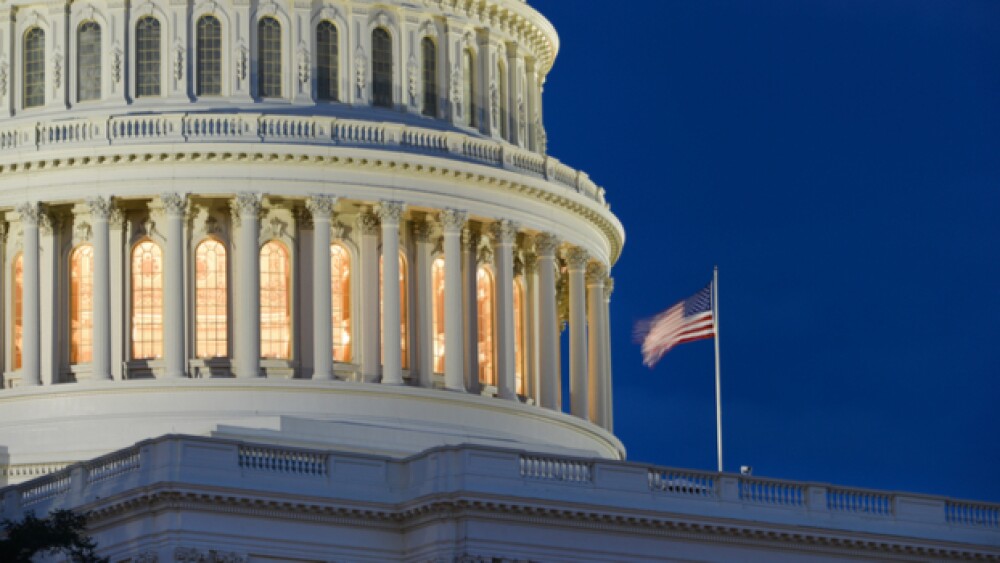In a 99 to 1 vote, the Senate passed the bill that looks to cut down on the flow of illegal narcotics entering the United States through the mail, as well as taking aim at the abuse of prescription opioid medication – a problem that has grown to an epidemic in the United States.
The U.S. Senate overwhelmingly supported a new bill aimed at opioid abuse and other addictive drugs.
In a 99 to 1 vote, the Senate passed the bill that looks to cut down on the flow of illegal narcotics entering the United States through the mail, as well as taking aim at the abuse of prescription opioid medication – a problem that has grown to an epidemic in the United States. Among the measures the Senate bill does is provides a simpler approach for companies and organizations to research non-addictive pain treatments, according to the Associated Press. Additionally, the U.S. Food and Drug Administration (FDA) would be allowed to “require drugmakers to package smaller quantities of drugs like opioids,” the AP reported. Smaller quantities, which could be sold in three- and seven-day treatment packets, would hopefully cut down on the number of prescription drugs in circulation and reduce the chances of abuse.
Additionally, the bill provides funding through federal grants for treatment centers and for the training of emergency workers who would respond to potential overdose issues.
The AP noted that the U.S. House of Representatives passed its own legislation earlier this year that also attempts to address some of these same issues. The two chambers of Congress will now have to hash out the differences between the bills before voting on the combined package.
Opioid abuse has become a significant problem across the United States. Statistics provided by the U.S. Department of Health and Human Services indicate that approximately 116 Americans die daily from opioid overdoses. That same data showed that 11.5 million people in 2016 misused prescription opioids. Those statistics were based on 2016 numbers, the most recent data that department has compiled. Earlier this year the U.S. Centers for Disease Control and Prevention (CDC) released a report earlier this year that shows opioid-related emergency room visits spiked 30 percent across the states between July 2016 and September 2017. Midwestern states were particularly hard hit with spikes of 70 percent, the CDC report said.
The issues with opioid abuse have become so significant that the White House has weighed in on the matter several times. Last month, during a meeting with his Cabinet, President Donald Trump called on U.S. Attorney General Jeff Sessions to file lawsuits against certain drug manufacturers whose drugs have contributed to the opioid crisis. During that meeting, Trump highlighted some of the lawsuits states and municipalities have brought against a number of opioid drugmakers, including Purdue Pharma, Teva Pharmaceutical, Johnson & Johnson, Endo International, and Allergan. Certain distributors, like Wal-Mart, Walgreens and CVS have also been named in the lawsuits.
The U.S. Department of Justice has already gotten involved in the legal matters between state and local governments and opioid manufacturers. In April the Department of Justice filed a motion to participate in settlement discussions as a “friend of the court.” The friend of the court filing comes about a month after the DOJ formed a task force to target opioid manufacturers and distributors for the roles they have allegedly played in the increase of addiction across the country.
In May the FDA approved the first non-opioid treatment to manage withdrawal symptoms from opioid addiction. Kentucky-based US WorldMeds snagged the greenlight for Lucemyra (lofexidine hydrochloride) for the mitigation of opioid withdrawal symptoms in adults. Approval for the treatment was based on positive trial data that showed the medication significantly reduced the severity of withdrawal symptoms in comparison to placebo.





